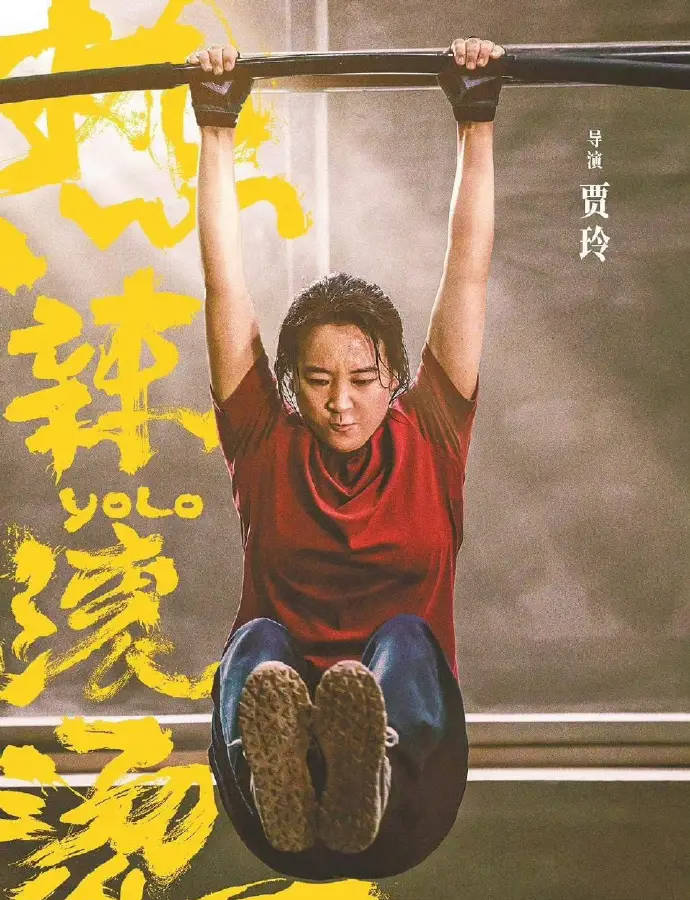Aid workers responding to the Ebola virus outbreak in the Democratic Republic of Congo (DRC) are seeking approval to treat patients with experimental drugs. These include three potential treatments 鈥?ZMapp, favipiravir and GS-5734 鈥?that were given to patients during the 2014鈥?6 Ebola outbreak in West Africa.
The three drugs are being considered in addition to an existing plan to deploy an experimental vaccine; none of the treatments has been definitively proved to lower the risk of death from Ebola.
The move to test experimental drugs and vaccines early in the outbreak, which was confirmed on 8 May, is part of a push to start research as soon as possible after Ebola cases are detected in order to save lives. That鈥檚 a change from the past, when doing research during an outbreak was seen as a distraction.
鈥淚n the past our major objective was containment," said Peter Salama, the World Health Organization (WHO) director-general for emergencies, at an 18 May press conference. "One of the paradigm shifts we鈥檙e seeing in this response is to offer communities a lot more."
The switch has been driven by the availability of new vaccines and drugs 鈥?and by memories of the 2014鈥?6 epidemic. Officials were so slow to deploy potential vaccines and drugs that the epidemic had waned before clinical trials could start. 鈥淲hat鈥檚 changed is that there鈥檚 an acceptance that research during an outbreak is something we need to do. It鈥檚 an opportunity and an obligation, not a luxury item,鈥?says Daniel Bausch, director of the UK Public Health Rapid Support Team in London.
Although it took weeks or months to greenlight the use of experimental treatments in previous Ebola outbreaks, public-health officials say that it could happen more quickly now. The DRC allowed the use of an experimental Ebola vaccine during its last outbreak, in May 2017, although the outbreak ended before the vaccine was shipped. Earlier this month the government approved the shipment of 4,000 doses of the vaccine. They arrived in the DRC on 16 May and could be administered next week to outbreak responders, patients and their contacts, says Jean-Jacques Muyembe-Tamfum, director-general of the National Institute for Biomedical Research in Kinshasa. 鈥淭he Congolese went through this a year ago and they recognize vaccines and therapeutics as a potential solution to the problem,鈥?says Bausch.
Emergency measures
Public-health experts hope that the experimental vaccine, called rVSV-ZEBOV, will help to control the outbreak. Forty-five people have been infected and 25 have died, the WHO said on 18 May. The virus has spread over a wide geographical area and infected at least one person in a major city, Mbandaka, which has a population of 1.2 million.
The rVSV-ZEBOV vaccine, manufactured by Merck, was shown to be highly protective against Ebola in a trial run during the West African outbreak. None of the 5,837 volunteers who took the vaccine in that trial became infected with the virus.
Officials in the DRC have quashed eight previous outbreaks through conventional public-health measures, such as tracking down people with Ebola and their contacts to understand the disease鈥檚 path. But they are concerned about how far the virus has already travelled in the current outbreak 鈥?including its entry into a major city 鈥?and by the possibility that it could spread even farther, as did the West African epidemic, which took root in three countries and claimed more than 11,000 lives.
鈥淲e think the outbreak could become complicated, as it did in West Africa, so we must do everything to stop it as soon as possible,鈥?says Muyembe-Tamfum.
Practical and ethical questions
Whether that will include deploying experimental drugs in addition to the vaccine is now under discussion. The WHO is consulting experts to consider the evidence for such treatments, and the medical humanitarian organization M茅decins Sans Fronti猫res (MSF) is talking to DRC officials about the possibility of using experimental Ebola medicines, says Annick Antierens, who coordinates Ebola clinical trials for MSF.
Although the rVSV-ZEBOV vaccine could help to prevent people from becoming infected, Antierens says, experimental treatments might still be needed because officials lack a thorough understanding of where Ebola first emerged during this outbreak or how it is spreading. So there are likely to be very many people who have already been infected.
鈥淚t we鈥檙e lucky and the disease doesn鈥檛 spread, the outbreak will be quickly resolved and we will have to use few experimental products,鈥?Antierens says. 鈥淏ut if we鈥檙e unlucky we鈥檒l need to use them.鈥?
Administering experimental vaccines and drugs in an outbreak raises ethical and logistical complexities, such as delivering them to remote settings by aeroplane or motorbike and designing humane and rigorous clinical trials. The 2014鈥?6 Ebola outbreak saw intense controversy over whether potential drugs and vaccines should be tested in randomized controlled trials, in which patients are assigned by chance to receive either the experimental treatment or standard care. MSF and officials at the WHO argued that withholding experimental medicines from patients who had few other options would be unethical.
The treatments MSF is now considering include the antibody treatment ZMapp, and two antiviral drugs, favipiravir and GS-5734, which were given to varying numbers of patients in the 2014鈥?6 epidemic.
Zmapp, made by Mapp Biopharmaceutical in San Diego, California, was tested in a trial involving 72 patients; 22% of the 36 people who received the drug died, compared with 37% of the 35 who did not receive ZMapp. But the Ebola outbreak ended before the study was able to enrol the 200 people needed to obtain a statistically significant result.
ZMapp is also impractical for use in remote settings, such as parts of Bikoro and Iboko, the two health zones in 脡quateur province that have seen the most Ebola cases in this outbreak so far. There is an extremely limited supply of the drug, several doses must be administered by intravenous infusion under constant supervision, each infusion takes many hours, and the drug must be refrigerated.
Sparse data锘?/b>
Favipiravir, an antiviral drug made by the Japanese company Toyama Chemical, was given to 126 patients in the West African outbreak, and a few dozen patients in other trials. GS-5734 was given to three people, including an infant and a Scottish nurse who developed meningitis months after apparently recovering from an acute Ebola infection. Both the nurse and the infant survived; the infant was the first documented case of a baby surviving Ebola.
Favipiravir and GS-5734 would be easier than ZMapp to administer to patients during the outbreak, as neither needs to be refrigerated. But the drugs have not been proved to improve the chance that people will survive an Ebola infection, because the favipiravir trial was not designed to test efficacy, and GS-5734 has been tested in so few patients.
The Congolese Ministry of Health and a national ethics review board would need to greenlight trials of these treatments. Observers say that the trials, if approved, must proceed more equitably than they did in the 2014鈥?6 outbreak, when experimental treatments were given first to international doctors and aid workers.
鈥淲e were pretty tone deaf. The interventions were used first and primarily on Westerners, including medevacing them out of the country and treating them,鈥?says Lawrence Gostin, director of the WHO Collaborating Center on Public Health Law and Human Rights at Georgetown University in Washington DC. 鈥淲e need to do that completely differently this time.鈥?/p>
Nature 557, 475-476 (2018)










